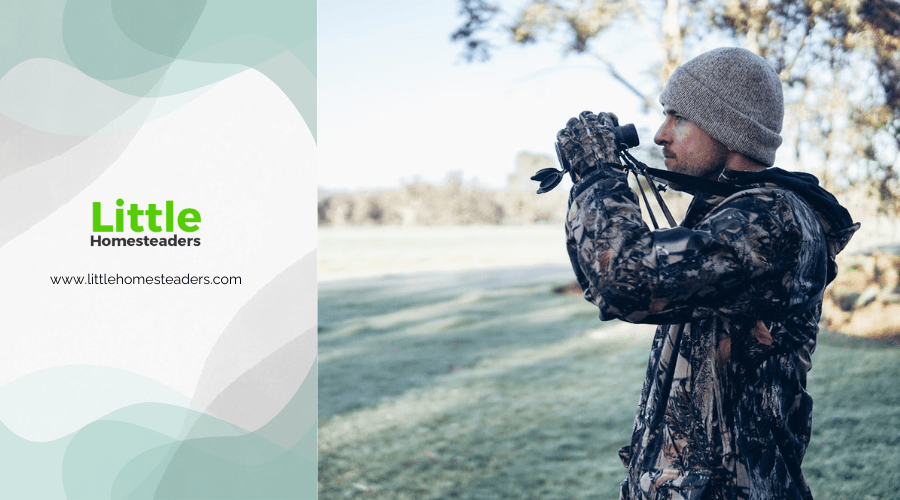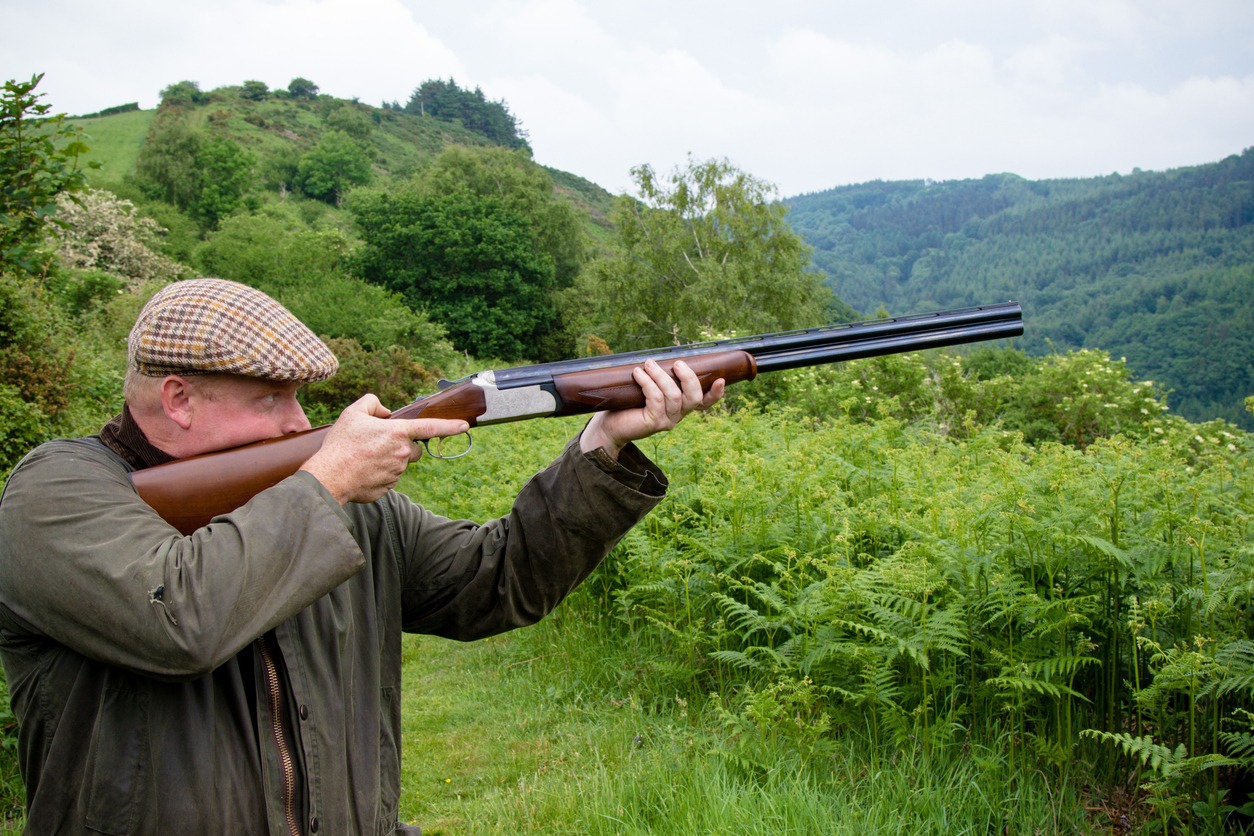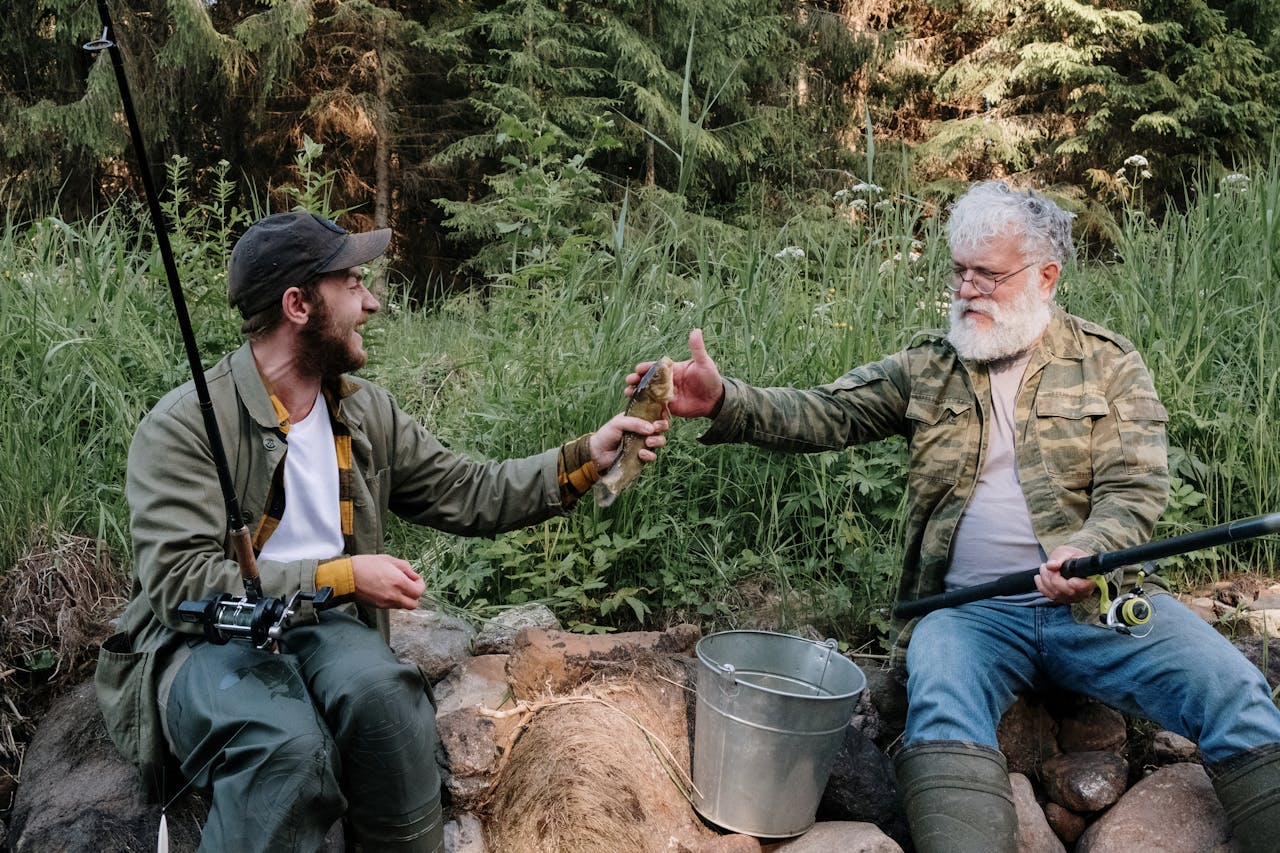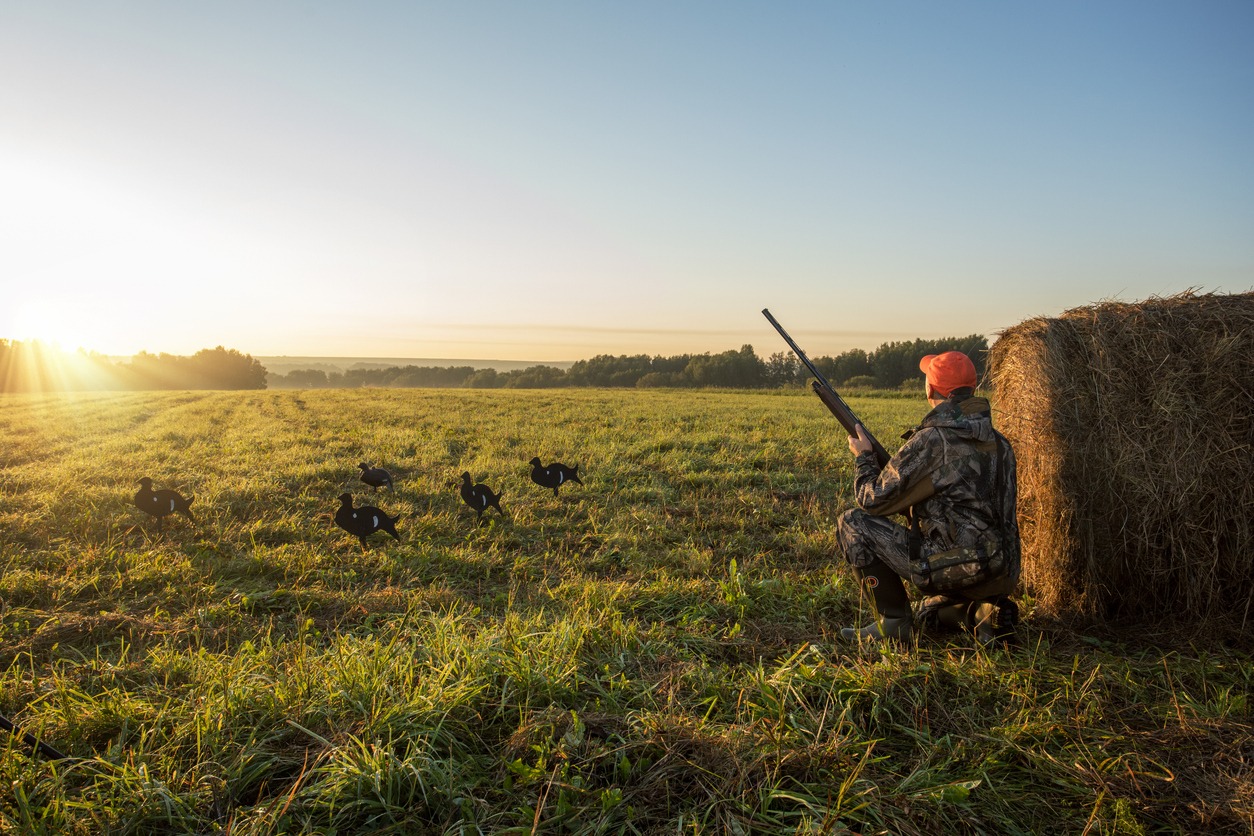The Mental and Physical Benefits of Hunting on the Homestead

Hunting on your homestead is more than just a way to put food on the table—it’s an opportunity to reconnect with nature, improve your physical and mental well-being, and cultivate essential life skills. This ancient practice has stood the test of time, offering rewards that extend far beyond the hunt itself. Whether you’re an experienced hunter or just starting out, understanding the full scope of hunting’s benefits will give you a deeper appreciation for its role in a homestead lifestyle.
Hunting Builds Strength and Endurance
Hunting is a workout like no other. It’s not about lifting weights in a gym or running on a treadmill; it’s about moving your body naturally through diverse landscapes. When you’re tracking game or hiking through the woods, you’re engaging in a level of physical activity that challenges your endurance, strength, and agility.
Walking long distances, climbing hills, and navigating uneven terrain works your legs, strengthens your core, and builds cardiovascular health. Carrying equipment like a bow, rifle, or a pack filled with gear adds to the physical demands, giving your upper body a solid workout. Even aiming and firing your weapon requires precision and balance, activating muscles you might not use in your everyday life.
Unlike repetitive gym routines, hunting involves dynamic, full-body movements. It combines periods of exertion with moments of stillness, giving your body a balanced mix of effort and recovery. Over time, these activities help improve stamina, enhance coordination, and build strength—qualities that benefit you not just in hunting but in every aspect of homesteading.
It Promotes Mental Clarity and Focus

There’s something about being out in nature that resets your mind. Hunting takes that feeling to a deeper level, offering not just a break from daily stress but also a chance to practice mindfulness and focus. Standing in the stillness of the woods, completely tuned in to your surroundings, you can’t help but feel more present and grounded.
When you hunt, you’re immersing yourself in an environment that demands both concentration and awareness. Tracking game requires you to read the subtle signs in the landscape, like broken branches or animal tracks, while staying attuned to sounds and movements. This kind of mental engagement sharpens your focus and boosts your problem-solving skills.
At the same time, the quiet moments—whether you’re waiting in a tree stand or walking through a meadow—offer space for reflection. These pauses can help reduce anxiety, clear your mind, and even improve emotional regulation. The satisfaction of successfully harvesting game further boosts your confidence and gives you a sense of accomplishment.
The mental benefits of hunting are undeniable. It’s not just about chasing the game—it’s about finding peace, practicing patience, and developing a deeper connection to the world around you.
It Reduces Stress and Improves Mood
There’s no better antidote to stress than stepping into the wild. The simple act of being in nature, away from the noise and distractions of modern life, has a calming effect. Add the rhythm of hunting—tracking, observing, and waiting—and you’ve got a recipe for relaxation that few other activities can match.
Hunting encourages you to slow down and focus on the present. The sounds of rustling leaves, the feel of fresh air, and the sights of wildlife in their natural habitat help ground you in the moment. This immersion in nature triggers a natural response in your body, lowering stress hormones and promoting relaxation.
The physical activity involved in hunting also plays a role in stress relief. Walking, climbing, and carrying gear release endorphins—your body’s feel-good chemicals. By the time you return from a hunt, you’ll feel not only physically tired but mentally refreshed, with a clear mind and a renewed sense of purpose.
It Develops Essential Skills for Self-Reliance

Hunting isn’t just about the chase; it’s about the skills you develop along the way. From tracking and marksmanship to field dressing and butchering, hunting teaches you practical abilities that build confidence and self-reliance. These are skills that go hand in hand with a homestead lifestyle, where self-sufficiency is key.
Tracking game hones your attention to detail. You’ll learn to read the landscape, spotting signs that most people would overlook. Patience becomes second nature as you wait for the right moment to act. And when the moment comes, the precision and focus needed to take a clean shot sharpen your decision-making skills.
Field dressing and processing game are equally important. These tasks ensure that every part of the animal is used, aligning with the homesteader’s ethic of minimizing waste. They also deepen your connection to the food you provide, turning a successful hunt into a deeply rewarding experience.
If you’re new to hunting, consider learning from seasoned hunters through mentorship programs or guided hunts. These experiences not only improve your skills but also connect you to a supportive community.
It Provides Sustainable and Nutritious Food
One of the most practical benefits of hunting is the ability to provide high-quality, sustainable meat for your family. Wild game like venison, turkey, and rabbit is rich in protein, low in fat, and free from additives. It’s food you can feel good about, knowing exactly where it came from and how it was harvested.
Hunting also reduces your reliance on industrial meat production, which often comes with environmental and ethical concerns. By harvesting your own game, you’re contributing to a more sustainable food system. Ethical hunters use as much of the animal as possible, ensuring that nothing goes to waste.
On a broader level, hunting supports wildlife conservation. License fees and taxes on hunting gear fund programs that protect habitats, manage animal populations and promote biodiversity. When you hunt, you’re not just feeding your family—you’re helping maintain the balance of natural ecosystems.
It can Strengthen Family Bonds and Preserves Traditions

Hunting has always been about more than just survival. It’s a tradition that brings people together, strengthens relationships, and creates lasting memories. Whether you’re hunting with family, friends, or a local group, the shared experience builds bonds that go deeper than words.
Family hunting trips are especially meaningful. Teaching a child how to track deer or sharing stories around the campfire creates a sense of connection and continuity. It’s not just about passing down skills; it’s about preserving values and traditions that keep families close.
Hunting also connects you to a larger community. Joining a hunting club or participating in local events introduces you to people who share your passion. These relationships enrich your life and provide opportunities to learn and grow as a hunter.
It Contributes to Conservation and Environmental Awareness

As a hunter, you’re not just an observer of nature—you’re an active participant in its stewardship. Hunting plays a crucial role in conservation, helping to maintain healthy wildlife populations and protect ecosystems. By controlling overpopulation, hunting prevents issues like habitat destruction and disease spread.
Every hunting license you purchase supports conservation efforts, funding programs that restore habitats, manage wildlife, and ensure the sustainability of natural resources. These initiatives benefit not just hunters but everyone who enjoys the outdoors.
Engaging in hunting also deepens your understanding of the environment. Spending time in the wild, observing animal behavior, and learning about ecosystems fosters a sense of responsibility for the natural world. It’s a perspective that stays with you, influencing how you manage your homestead and interact with the land.
It Offers Therapeutic Benefits for Overall Well-Being
Hunting offers a unique kind of therapy. The solitude of the hunt allows you to reflect, reset, and find clarity in a way few other activities can. It’s a time to step away from the noise of daily life and reconnect with yourself.
Overcoming challenges in the field builds resilience, teaching you to adapt and persevere. Every successful hunt is a reminder of your capabilities, boosting your self-esteem and giving you a sense of purpose.
Hunting also creates opportunities for connection. Whether you’re sharing a meal of freshly harvested game or recounting the day’s adventures with friends, these moments strengthen your relationships and create a sense of belonging.
Conclusion
Hunting on the homestead is about much more than harvesting game. It’s a holistic practice that nurtures your body, sharpens your mind, and connects you to the land. From improving fitness and relieving stress to fostering community and supporting conservation, the benefits of hunting touch every aspect of life.




